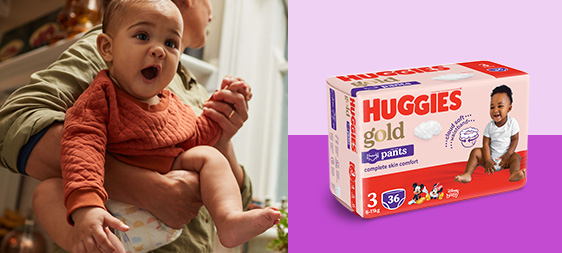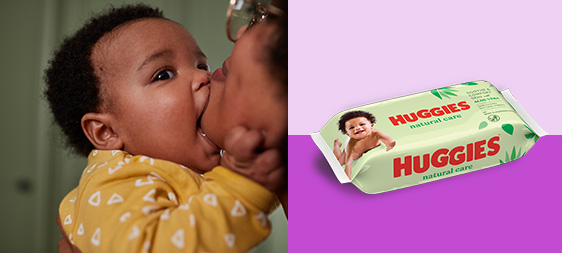As we head into winter with the inevitable colds and flu to welcome us, the question of immunisation becomes an important one. In addition to the ones recommened by the Department of Health, what about the flu shot? How do we prepare our children for the shots, and what about side effects?
What is “the flu?”
The flu (or influenza) is different from a common cold. Symptoms include a sudden onset of fever, sore throat and muscle aches, lasting around 1 week as the virus infects the nose, throat and sometimes the lungs. Complications can develop, such as pneumonia and bronchitis.
How is the flu virus spread to other people?
The flu virus can spread easily from person to person through infected droplets in the air (sneezes and coughing are the main culprits) and by hands carrying the virus (effective hand washing can help to prevent the virus from being spread). You’ll notice symptoms around 1-4 days after being in contact with an infected person.
Who should receive the flu vaccine?
Anyone (from 6 months of age) who wishes to be protected from the flu should be immunised.
Which vaccines are okay for children?
It’s been recommended that certain flu vaccines can be used for children between 6 months and 10 years. Check with your doctor or healthcare professional which one is appropriate for your child. If this is the first year you have immunised your child against the flu, it is recommended that they receive 2 immunisations a month apart to gain full protection.
Of course, if your baby, toddler or child suffers from a chronic medical condition you should seek medical advice before receiving the influenza vaccine.
Can the flu vaccine be given at the same time as other vaccines on the childhood immunisation register?
Yes they can.
It has been identified that there may be an increased risk of fever and febrile convulsions if the influenza vaccine and the pneumococcal disease vaccine are given at the same time to children aged six months to less than five years, particularly for those between 12–23 months of age. However, because of the risks associated with delaying either of theses vaccines, the Advisory Committee on Immunisation Practice (ACIP) does not ecommend administering them at separate visits or deviating from the recommended vaccine schedule in any way. Talk to your doctor about the best way to manage the administration of the vaccines.
How can parents prepare their children for these shots?
Treat it as a regular visit to the doctor; it’s likely to be far less painful than a tumble in the garden. Parents need to see this as an opportunity to protect their children; if parents are relaxed, children are more likely to follow their cues.
Are there side effects from the flu vaccine?
Generally, reactions to the flu vaccine will occur within the first 24 to 48 hrs. These reactions commonly begin 6 to 12 hours after vaccination.
Local side effects such as soreness, redness or even bruising, may occur but are generally mild and should not cause parents to be overly concerned. If there is excessive swelling at the site, or your child has a fever (>38.50 C), is vomiting or feeling unwell, seek a doctor’s advice immediately.
For parents who have children who have had a bad experience with an injection or are likely to react badly try to talk to the doctor or nurse before attending the appointment so they are more sensitive to your baby’s needs.
For more information go to:




























